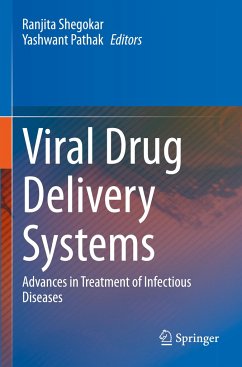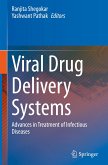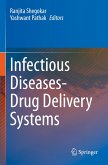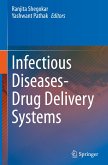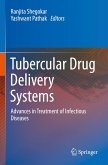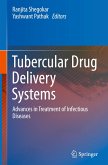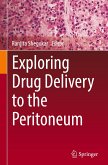The disability-adjusted life year (DALY) is a generic measure of health effect that can be used in cost-effectiveness analysis as an alternative to the quality-adjusted life year (QALY). Infectious diseases are one of the major to cause significant losses of DALY and QALY. Human infectious diseases are disorders that are triggered by the micro-organisms such as bacteria, fungi, viruses, or parasites. The majority of such diseases are contagious and create a public health menace. There are several reasons why infectious diseases are deadly diseases, and one of the primary reasons is the drug resistance developed over time. Drug resistance-associated mutations are linked to increasing drug efflux, modifications of the drugs, or their targets. Every year, new drugs are being approved by FDA to treat infectious diseases. Nonetheless, the infectious diseases will undoubtedly persist as permanent and main threats to humanity for now and in the future, primarily due to increased longevity that almost always comes at a cost of impaired immunity.
A total of four books are covered under the series of Infectious drug diseases.
- Malarial drug delivery systems
- Tubercular drug delivery systems
- Viral drug delivery systems
- Infectious disease drug delivery systems
The third volume of series is focused on viral drug delivery systems. Typically, virus attaches to the cells (referred as host cell) and releases its DNA or RNA inside the cell. In second stage, virus's genetic material takes control of the cell and forces it to replicate the virus leading to onset of disease symptoms. DNA class of viruses include Herpes, Papilloma and Adeno viruses. RNA class of viruses include retroviruses, such as HIV immunodeficiency virus and SARS COV - 2 / Corona virus. This book addresses recent developments in viral drug delivery systems. It covers many different aspects of viral infections, ways to treat them using modern drug delivery systems like nano particulate carriers. The choice of viral delivery systems mainly depends upon the type of virus, duration of life cycle, presence of drug resistance, cellular and mucosal interaction of virus, accordingly gene or non-gene drug delivery systems are selected. Besides that, this book also reports global dynamics of viral diseases, future predictions of infection rate, current treatment options, details of drug carriers like nanoemulsions, polymeric nanoparticles, role of biofunctionalization, and phyto-molecules in treatment of viral infections particularly herpes, Covid-19, Ebola, HIV/AIDS, influenza and viral hepatitis.
Audiences from a broad range of groups, from researchers, academicians, and public health bodies to regulatory experts, can benefit from the compiled information to learn more about patient needs and current research advances in the field of viral drug delivery research.
A total of four books are covered under the series of Infectious drug diseases.
- Malarial drug delivery systems
- Tubercular drug delivery systems
- Viral drug delivery systems
- Infectious disease drug delivery systems
The third volume of series is focused on viral drug delivery systems. Typically, virus attaches to the cells (referred as host cell) and releases its DNA or RNA inside the cell. In second stage, virus's genetic material takes control of the cell and forces it to replicate the virus leading to onset of disease symptoms. DNA class of viruses include Herpes, Papilloma and Adeno viruses. RNA class of viruses include retroviruses, such as HIV immunodeficiency virus and SARS COV - 2 / Corona virus. This book addresses recent developments in viral drug delivery systems. It covers many different aspects of viral infections, ways to treat them using modern drug delivery systems like nano particulate carriers. The choice of viral delivery systems mainly depends upon the type of virus, duration of life cycle, presence of drug resistance, cellular and mucosal interaction of virus, accordingly gene or non-gene drug delivery systems are selected. Besides that, this book also reports global dynamics of viral diseases, future predictions of infection rate, current treatment options, details of drug carriers like nanoemulsions, polymeric nanoparticles, role of biofunctionalization, and phyto-molecules in treatment of viral infections particularly herpes, Covid-19, Ebola, HIV/AIDS, influenza and viral hepatitis.
Audiences from a broad range of groups, from researchers, academicians, and public health bodies to regulatory experts, can benefit from the compiled information to learn more about patient needs and current research advances in the field of viral drug delivery research.

